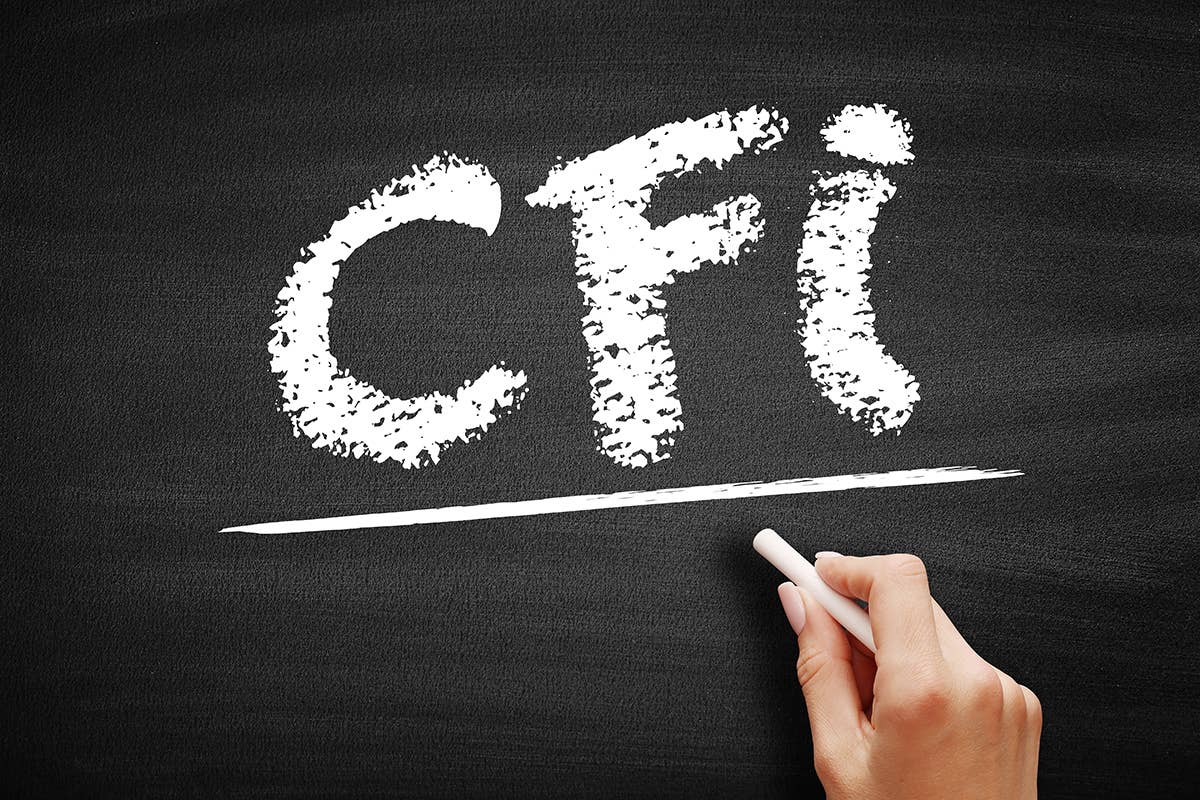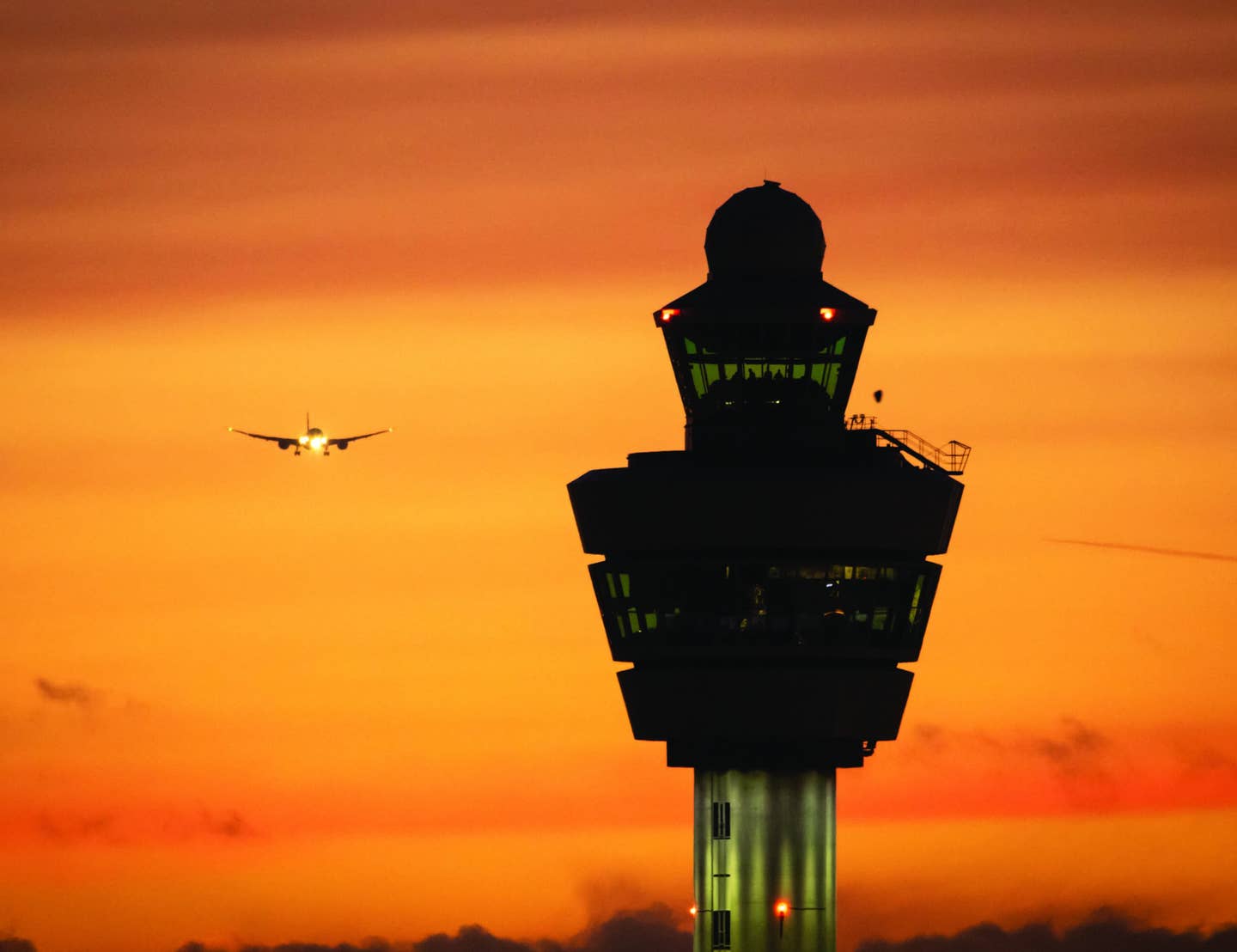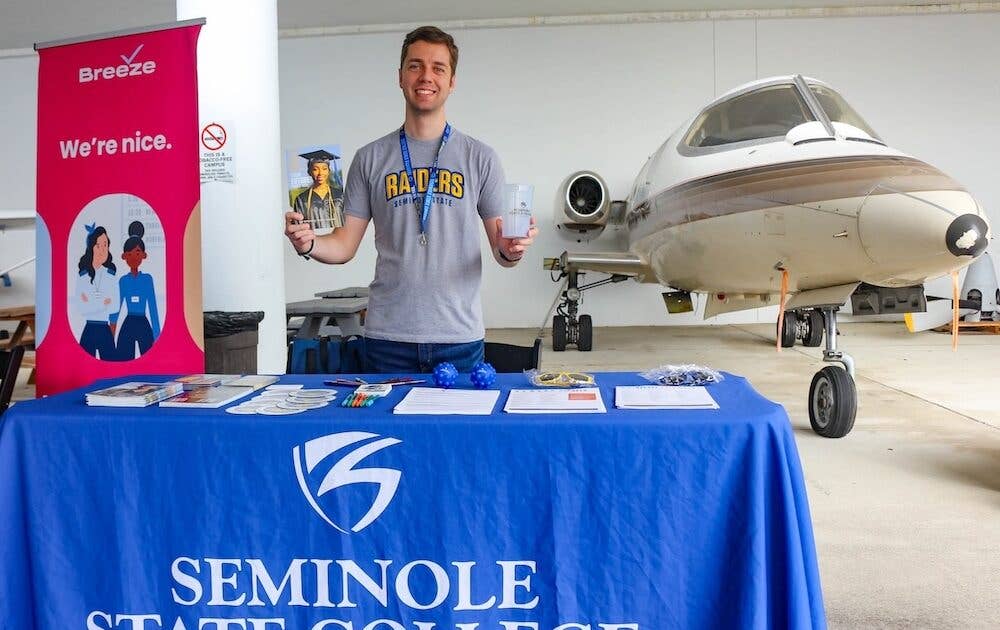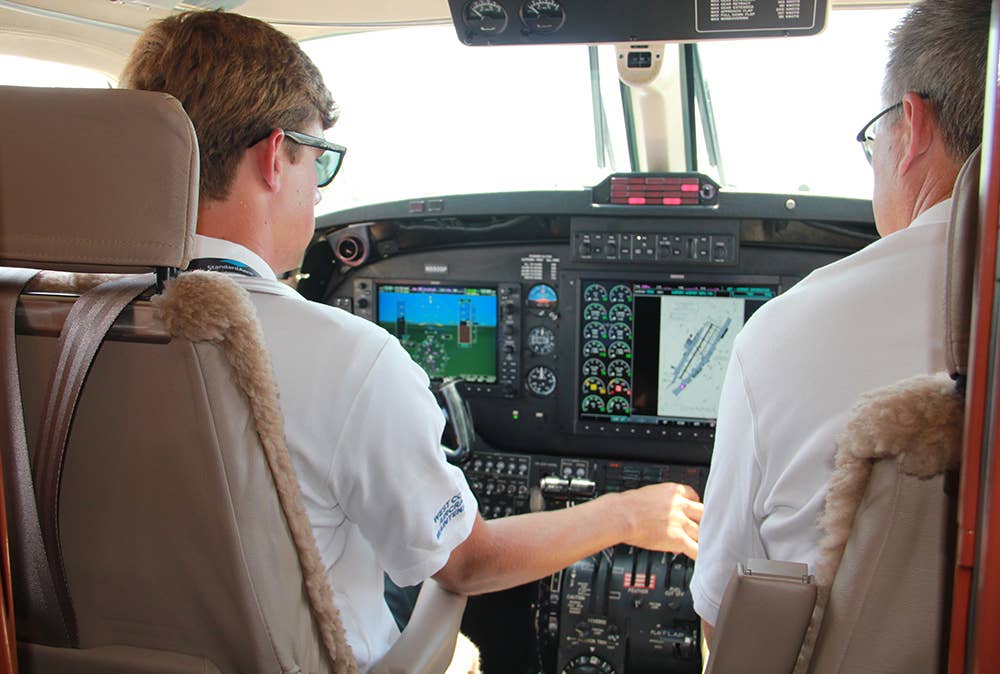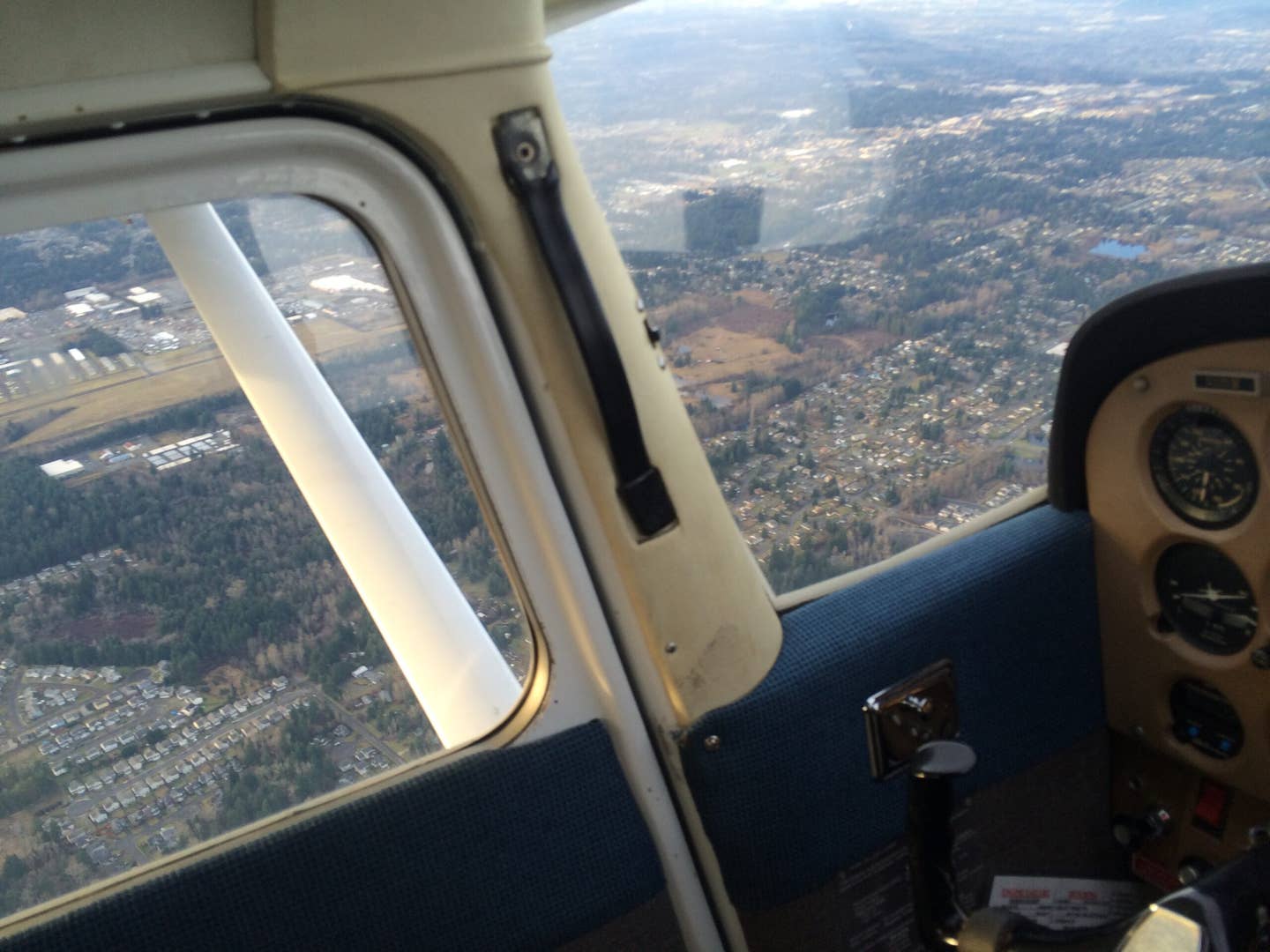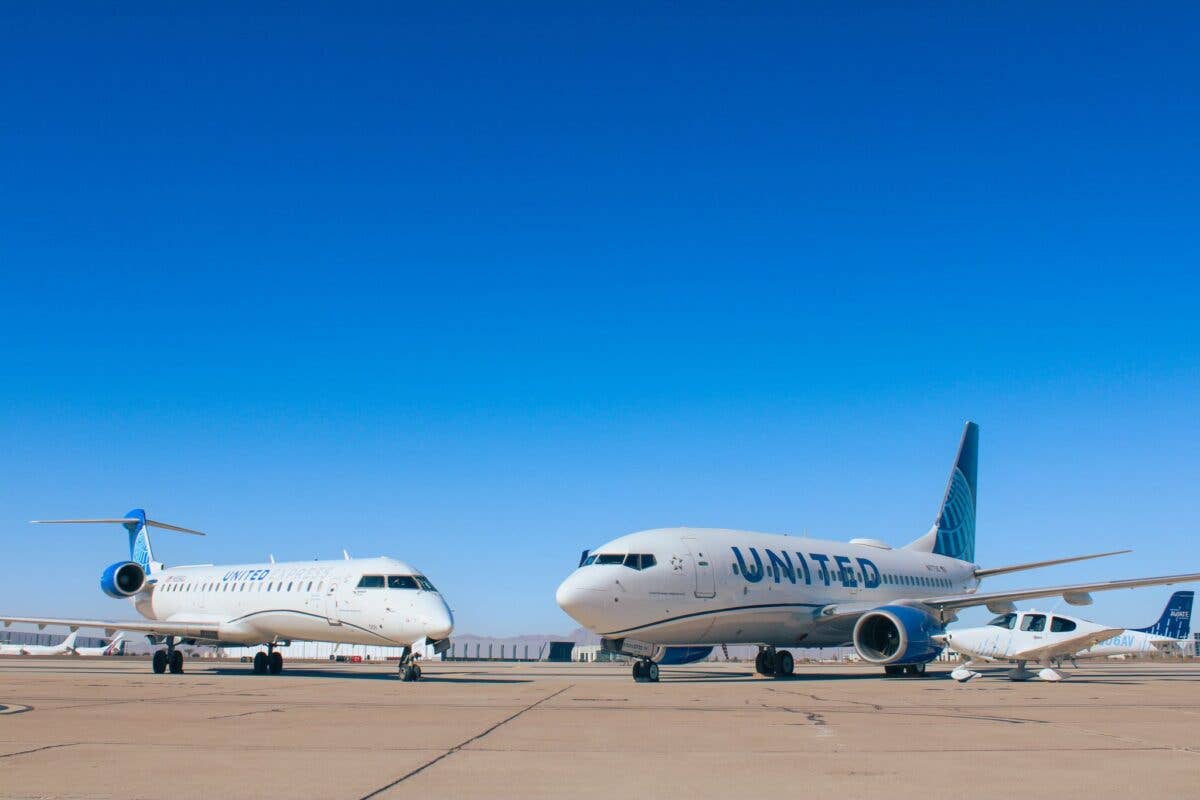“Aviation was a career change for me,” says Scott Foppe. “I traveled a lot as kid and was always fascinated whenever I was able to look at the flight deck. I had always wanted to be a pilot, but never thought it was possible. It wasn’t until later in life that the industry changed and opportunities were presented that I considered flying as a career.” He worked for 20 years as a body piercing artist. Now he’s a first officer with Atlas Air, flying the Boeing 767. “I was in my early 40s when I started training and will still have 20 years of professional flying if I retire at 65.”
That prospect led Foppe to look around for the right path to take that would help him achieve his ratings efficiently. His brother-in-law, a pilot with a commercial certificate and multi-engine rating, did some flying and had a Cessna 172—and he offered to let Foppe use it in order to build flight time. In fact, that’s what led him to Sanford, Florida, home of L3Harris Airline Academy. “During my private pilot training, the engine on the 172 timed out, and my brother sold his plane. So, I came up with a back-up plan and enrolled at L3Harris. Ironically my flight instructor at the part 61 school where I was doing my private pilot training was a graduate of L3Harris as well. We became close friends and stayed in touch over the years, eventually even flying [the Boeing] 767 together for Atlas Air. It was really cool to go from flying a 152 to flying a 767 with the guy that taught me how to fly.”
The variety of training led Foppe to L3Harris—along with its cost-effectiveness. “We trained on ‘six packs’ and glass panels, and high wing and low wing aircraft. We also trained in busy airspace at an airport that was kind of unique in that it was class C during the day and G at night. It was great for training.” Foppe knew that the style of training within the program gave him a big assist as well: “I liked the structured curriculum with the focus on a career at an airline. It really prepared me for the interview and ground training at both SkyWest and Atlas Air.” The training plan was driven in part by the airline connection programs, such as that with SkyWest, which was in place when Foppe joined L3Harris, and it made him comfortable that he would not only be able to pass the interview, but also be well prepared to fly the line.
Foppe took a lot of joy from his time with L3Harris as an instructor. “As much as the school had prepared me, things didn’t really come together until I started teaching,” Foppe says. “A lot of pilots skip flight instruction and build time in other ways, as I had originally planned, but it was so valuable to building my skills that I’m grateful to have had the opportunity.”
He has advice for future pilots looking to join L3Harris: “Treat it like a career from day one. Study hard and the reward is amazing. Is there anything I would have done differently? It’s hard to say considering I was flying a heavy 767 within 6 years of starting my flight training. I went immediately from working as a CFI to being a CFII [instrument instructor]. I might have waited and enjoyed being a CFI a little longer, but I’m really happy where I’m at.”
Foppe’s plans for the future look bright based on his solid foundation—but he may introduce a twist: “Within 5 years I hope to first be a First Officer of a B747 and then captain on the 76. Within 10 years who knows? I really enjoy flying freight, but sometimes miss passenger flying.”

Sign-up for newsletters & special offers!
Get the latest FLYING stories & special offers delivered directly to your inbox

